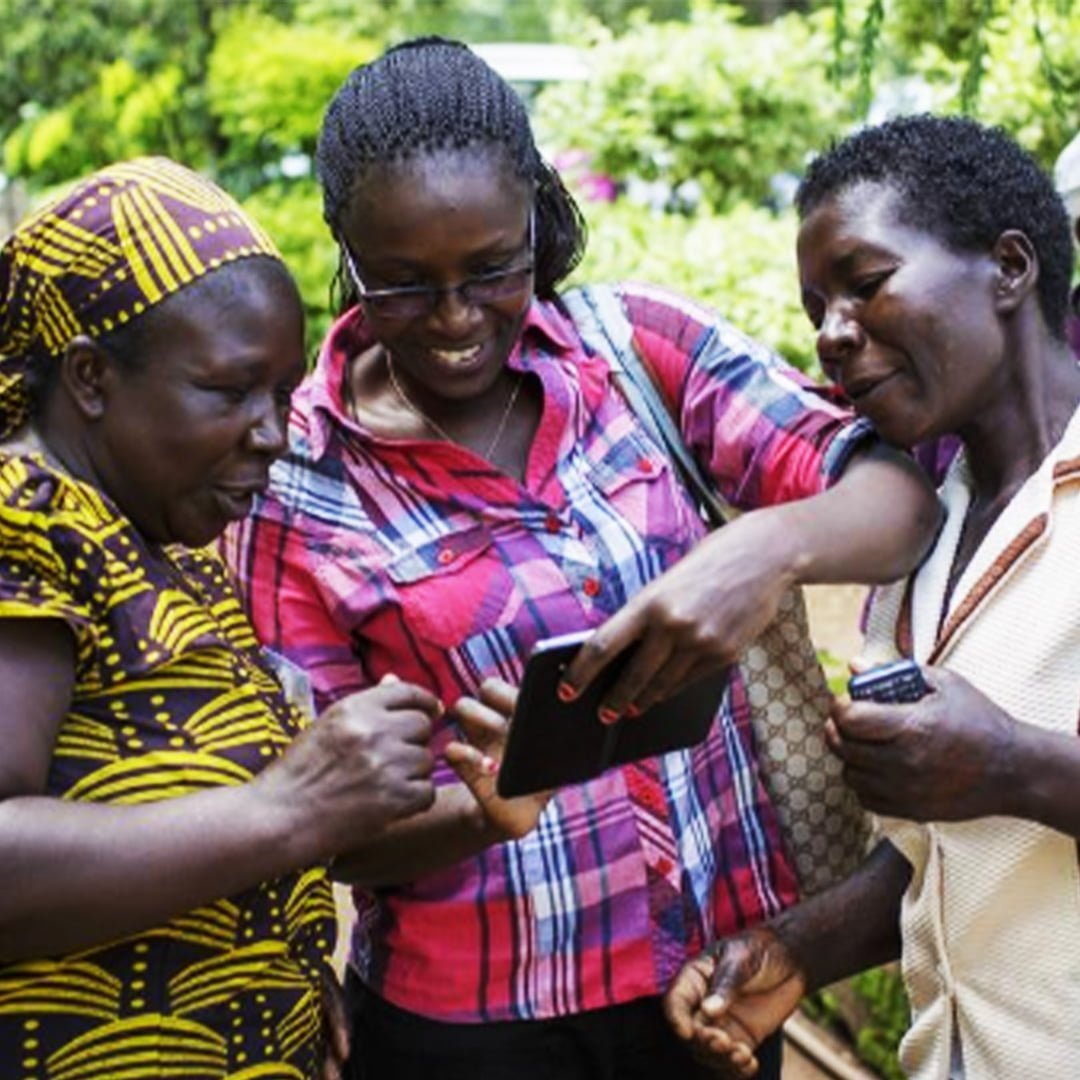Mental Health Literacy Education: Empowering Individuals And Communities

Table of Contents
The Importance of Recognizing Mental Health Conditions
Early and accurate identification of mental health conditions is paramount for effective treatment and improved outcomes. This requires a strong foundation in Mental Health Literacy.
Understanding Common Mental Illnesses
Several common mental health conditions significantly impact individuals and communities. These include:
- Depression: Characterized by persistent sadness, loss of interest, changes in appetite and sleep, and feelings of hopelessness. [Link to NIMH Depression page]
- Anxiety: Manifested through excessive worry, fear, nervousness, and physical symptoms like rapid heartbeat and shortness of breath. [Link to Anxiety and Depression Association of America]
- Bipolar Disorder: Involves extreme shifts in mood, energy, and activity levels, ranging from depressive lows to manic highs. [Link to NIMH Bipolar Disorder page]
- Schizophrenia: A chronic brain disorder affecting a person's ability to think, feel, and behave clearly. [Link to NIMH Schizophrenia page]
Recognizing these symptoms early is critical.
- Depression Symptoms: Persistent sadness, loss of interest, sleep disturbances, changes in appetite, fatigue, feelings of worthlessness.
- Anxiety Symptoms: Excessive worry, restlessness, irritability, muscle tension, difficulty concentrating, sleep problems.
- Bipolar Disorder Symptoms (Manic): Elevated mood, inflated self-esteem, decreased need for sleep, racing thoughts, impulsive behavior.
- Bipolar Disorder Symptoms (Depressive): Similar to depression symptoms.
- Schizophrenia Symptoms: Hallucinations, delusions, disorganized thinking, difficulty with social interaction.
Challenging Stigma and Promoting Help-Seeking Behaviors
Stigma surrounding mental health significantly hinders help-seeking. Fear of judgment, discrimination, and social isolation prevents many from seeking professional help. However, early intervention is crucial for better outcomes.
- Strategies for Challenging Stigma: Open conversations about mental health, education campaigns, promoting positive portrayals of mental illness in media, and fostering empathy and understanding.
- Promoting Help-Seeking: Normalizing help-seeking, emphasizing the benefits of professional support, providing accessible and user-friendly resources, and reducing barriers to mental healthcare access.
Effective Strategies for Mental Health Literacy Education
Implementing effective Mental Health Literacy Education strategies is key to improving mental health outcomes.
Educational Programs and Initiatives
Various educational programs can effectively promote Mental Health Literacy.
- School-Based Programs: Integrate mental health education into school curricula, teaching students about mental health conditions, coping mechanisms, and help-seeking.
- Workplace Training: Provide Mental Health First Aid training to employees, empowering them to recognize and respond to mental health concerns in the workplace.
- Community Workshops: Organize workshops and seminars for the general public to increase awareness and understanding of mental health issues.
Effective programs are:
- Interactive: Engaging activities, group discussions, and real-life scenarios.
- Culturally Sensitive: Addressing the unique needs and experiences of diverse communities.
- Evidence-Based: Using research-backed information and strategies.
Utilizing Technology and Digital Resources
Technology plays a crucial role in disseminating mental health information.
- Mental Health Apps: Provide information, self-help tools, and access to mental health professionals.
- Websites and Online Courses: Offer comprehensive resources on mental health conditions, treatment options, and support networks.
- Social Media Campaigns: Raise awareness about mental health issues and promote help-seeking behavior.
Examples of effective digital resources include the websites of the National Institute of Mental Health (NIMH) and the World Health Organization (WHO).
Empowering Communities Through Mental Health Literacy
Building strong, supportive communities is essential for fostering mental well-being.
Building Supportive Communities
Community support plays a crucial role in mental health recovery.
- Peer Support Groups: Provide a safe and supportive space for individuals to share their experiences and connect with others.
- Community Events: Organize events to raise awareness, reduce stigma, and promote mental health well-being.
Mental Health Literacy Education fosters empathy and understanding, building stronger and more supportive communities.
Training Community Leaders and Professionals
Equipping community leaders and professionals with the knowledge and skills to support individuals with mental health challenges is crucial.
- Teachers: Need training to identify and support students struggling with mental health issues.
- Healthcare Providers: Require ongoing education on the latest evidence-based treatments and best practices.
- Law Enforcement: Benefit from training to de-escalate situations involving individuals with mental health crises.
Conclusion
Mental Health Literacy Education is essential for empowering individuals and communities to better understand, address, and support mental health. Key benefits include reduced stigma, improved help-seeking behaviors, and stronger, more supportive communities. Invest in your mental well-being and the well-being of your community. Learn more about Mental Health Literacy Education and get involved today! Find resources and programs near you to become a champion for better mental health.

Featured Posts
-
 January 6th Hearing Star Cassidy Hutchinson To Publish Memoir
May 03, 2025
January 6th Hearing Star Cassidy Hutchinson To Publish Memoir
May 03, 2025 -
 Sc Election Integrity 93 Of Survey Participants Report Confidence
May 03, 2025
Sc Election Integrity 93 Of Survey Participants Report Confidence
May 03, 2025 -
 Assist The National Weather Service Report Your Storm Damage In Tulsa
May 03, 2025
Assist The National Weather Service Report Your Storm Damage In Tulsa
May 03, 2025 -
 Bbc Funding Crisis 1bn Income Drop Sparks Unprecedented Challenges
May 03, 2025
Bbc Funding Crisis 1bn Income Drop Sparks Unprecedented Challenges
May 03, 2025 -
 Joseph Tf 1 Decryptage De La Creme De La Crim
May 03, 2025
Joseph Tf 1 Decryptage De La Creme De La Crim
May 03, 2025
